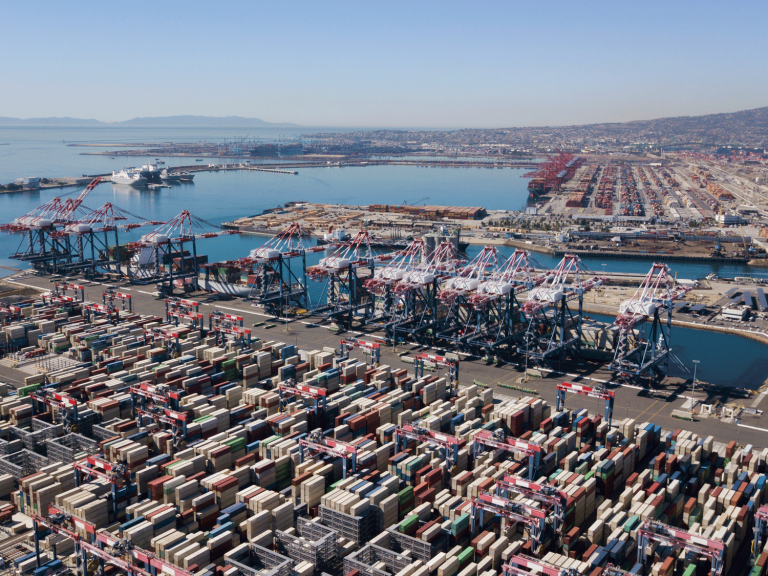
Date:
Global shipping; record-breaking congestion
The economic turmoil triggered by the continuing pandemic, has disrupted global container shipping through 2020, with port congestion battering the shipping lines’ schedules and wiping out reliability.
Port congestion began in Asia, as the first Coronavirus waves passed last May and factories rushed to ship the orders they had on hand to satisfy pent up global consumer demand.
Carriers struggling to meet this early demand, began restoring blanked sailings, repositioning vessels and restoring container equipment stocks and have been playing catch-up ever since.
The lines proposed ‘schedule recovery plans’ have the potential of creating even more chaos in the container sector, at least in the short term, as has been reported in the trade press over recent weeks.
Congestion in EU, UK and US ports spread as volumes from Asia arrived faster than arrival ports could work the vessels, diminishing terminal capacity and restricting the return of empty containers, that began to create the shortage of equipment in Asia.
This snapshot of the situation in the US underlines the challenge facing global supply chains: Los Angeles/Long Beach has in the last week had up to 37 vessels at anchor awaiting a berthing slot, up from 30 vessels in the previous week; while Oakland has 11 vessels waiting; and on the East Coast, Savannah has 10 ships waiting.
This dysfunctional cycle of diminished global port operations, equipment shortages and disrupted vessel operations has seen container service scheduled reliability decline to its lowest levels since records began.
Schedule reliability data for December shows just 44.6% of vessels arriving on time, which is a decline of 32% on 2019 and is the fifth consecutive month, that global schedule reliability has been the lowest across all months since 2011.
The performance figures are slightly skewed as carriers have introduced levels of capacity on the major trade-lanes, that has not been seen before.
Reacting to these exceptionally long delays to vessels, caused by congestion in Asian and North American ports, the lines are implementing schedule recovery plans to get vessels back to their intended positions, which means some services will not have a sailing for one to two weeks during the Chinese New Year slowdown.
Metro are working around schedule changes and blanked vessels and will always provide available options in a chaotic container market.
Metro negotiate rates and volume agreements with a broad portfolio of carriers, across the three alliances, to offer our shippers the widest range of service offerings, port-pairings and rates.
We monitor and manage the changes daily, to ensure that the best options are utilised minimising impact on the movements that we manage.
For further information contact Ian Barnes, who would be delighted to talk to you about your situation.
